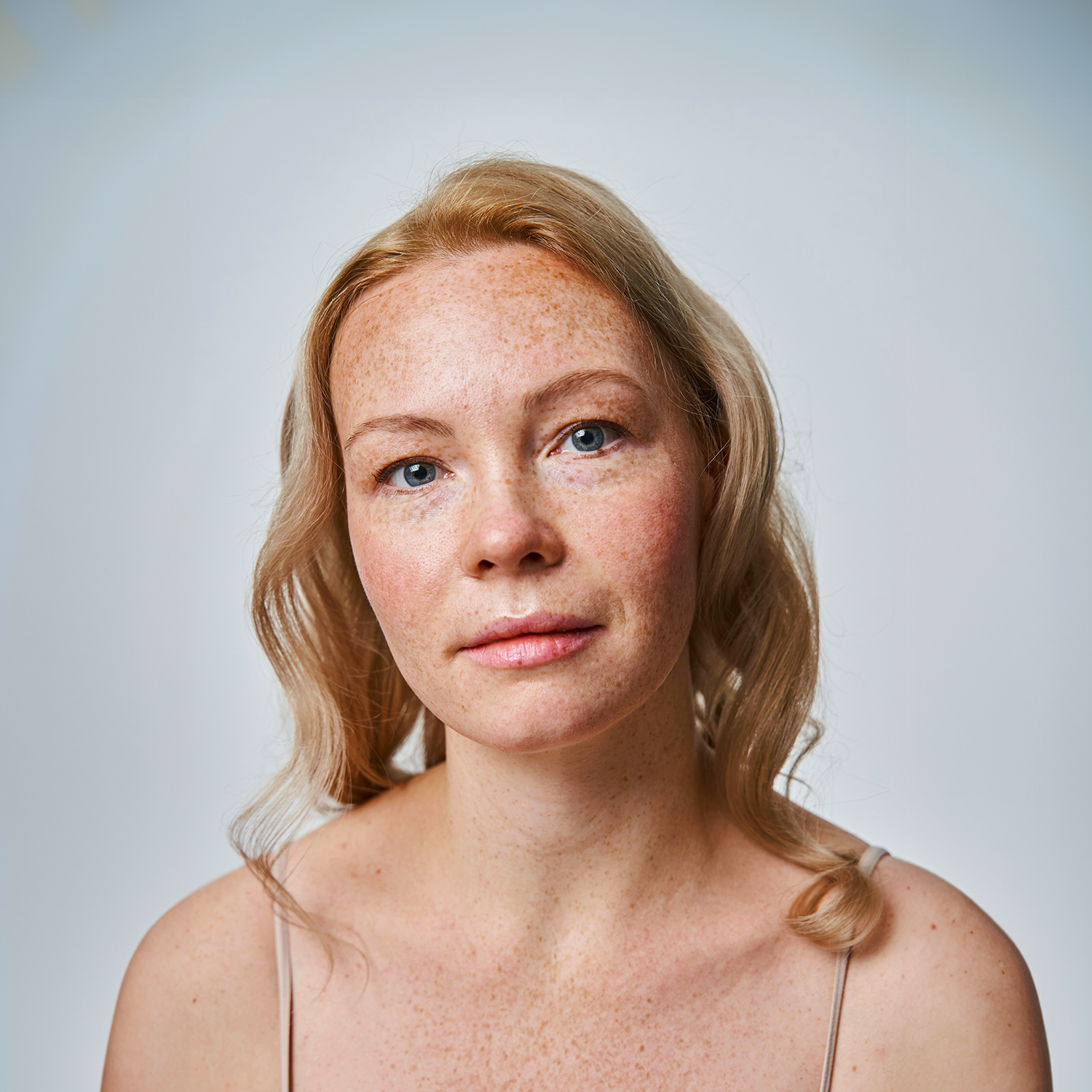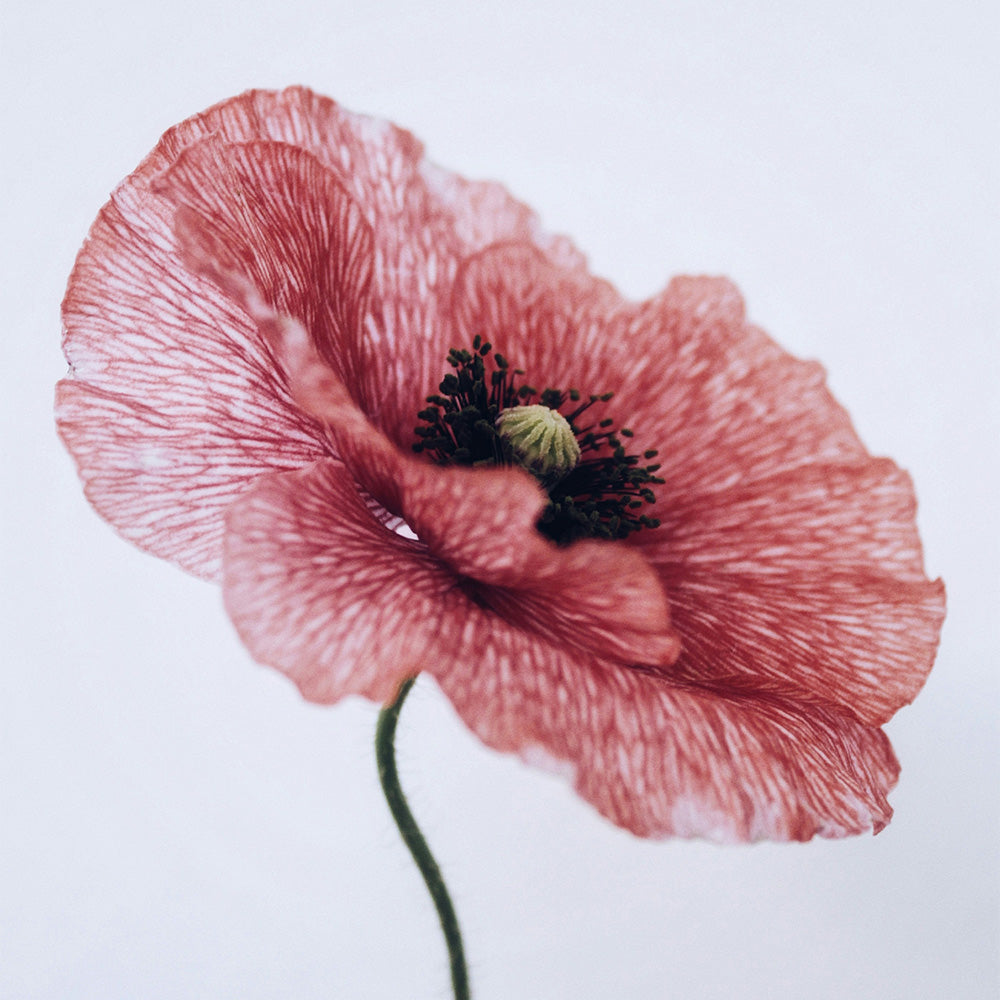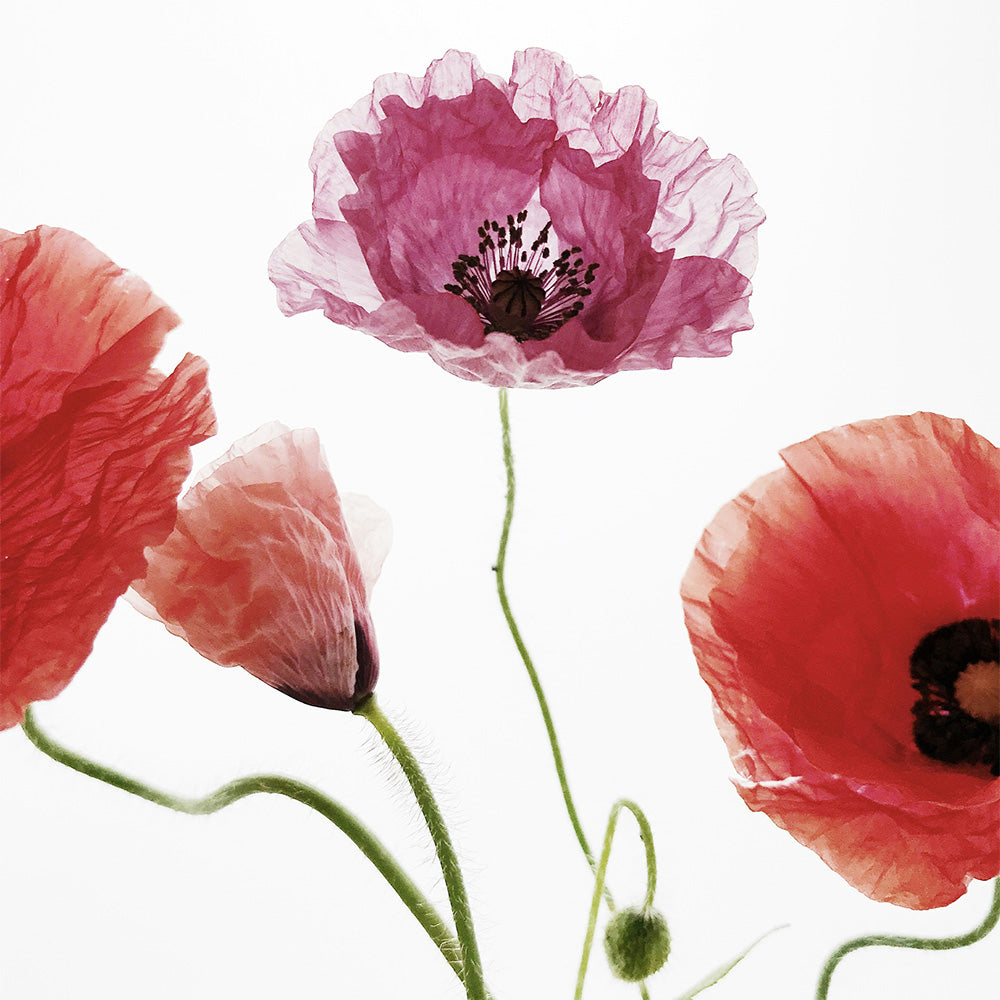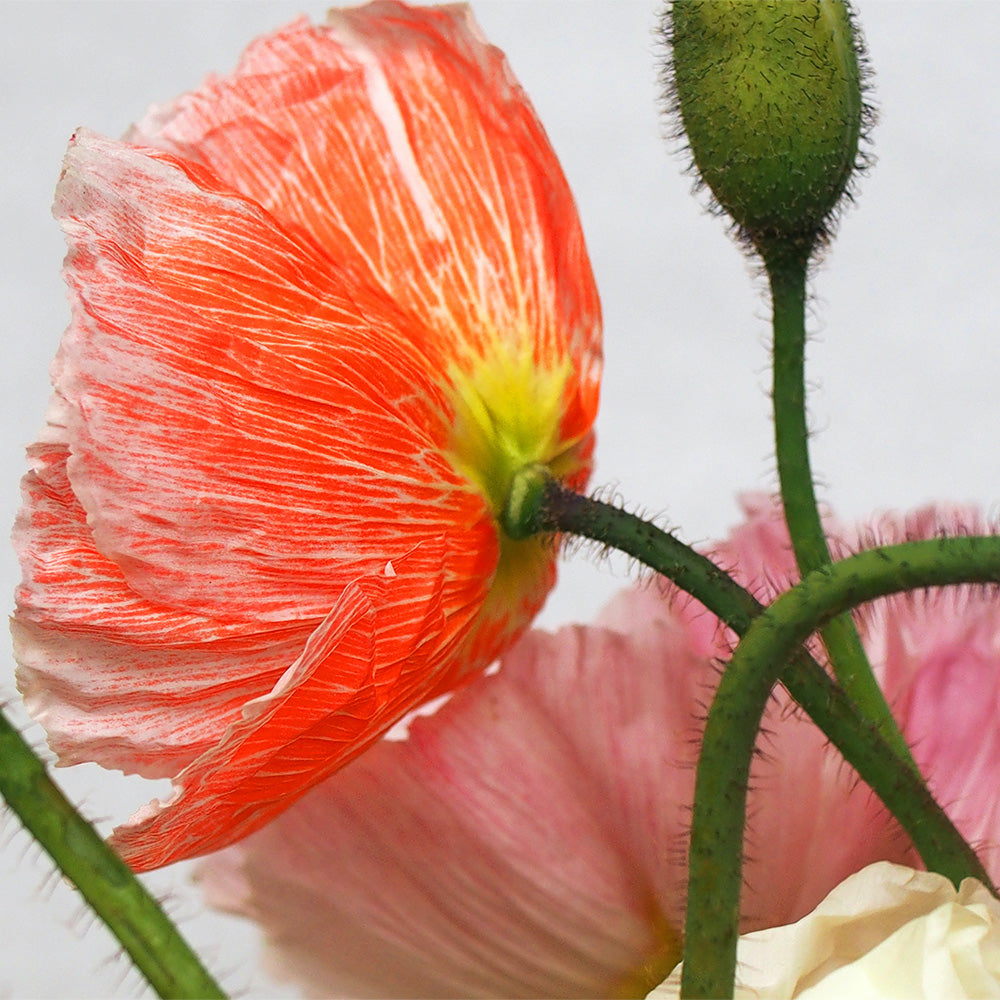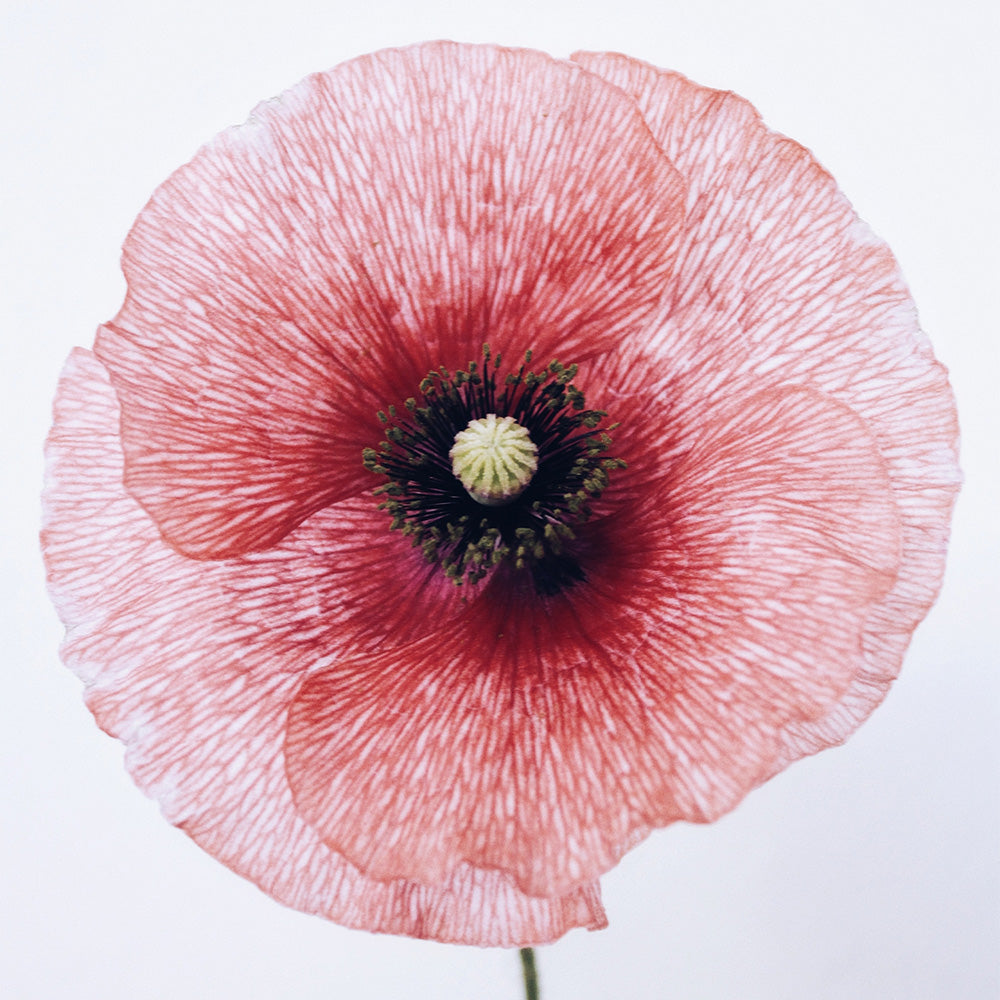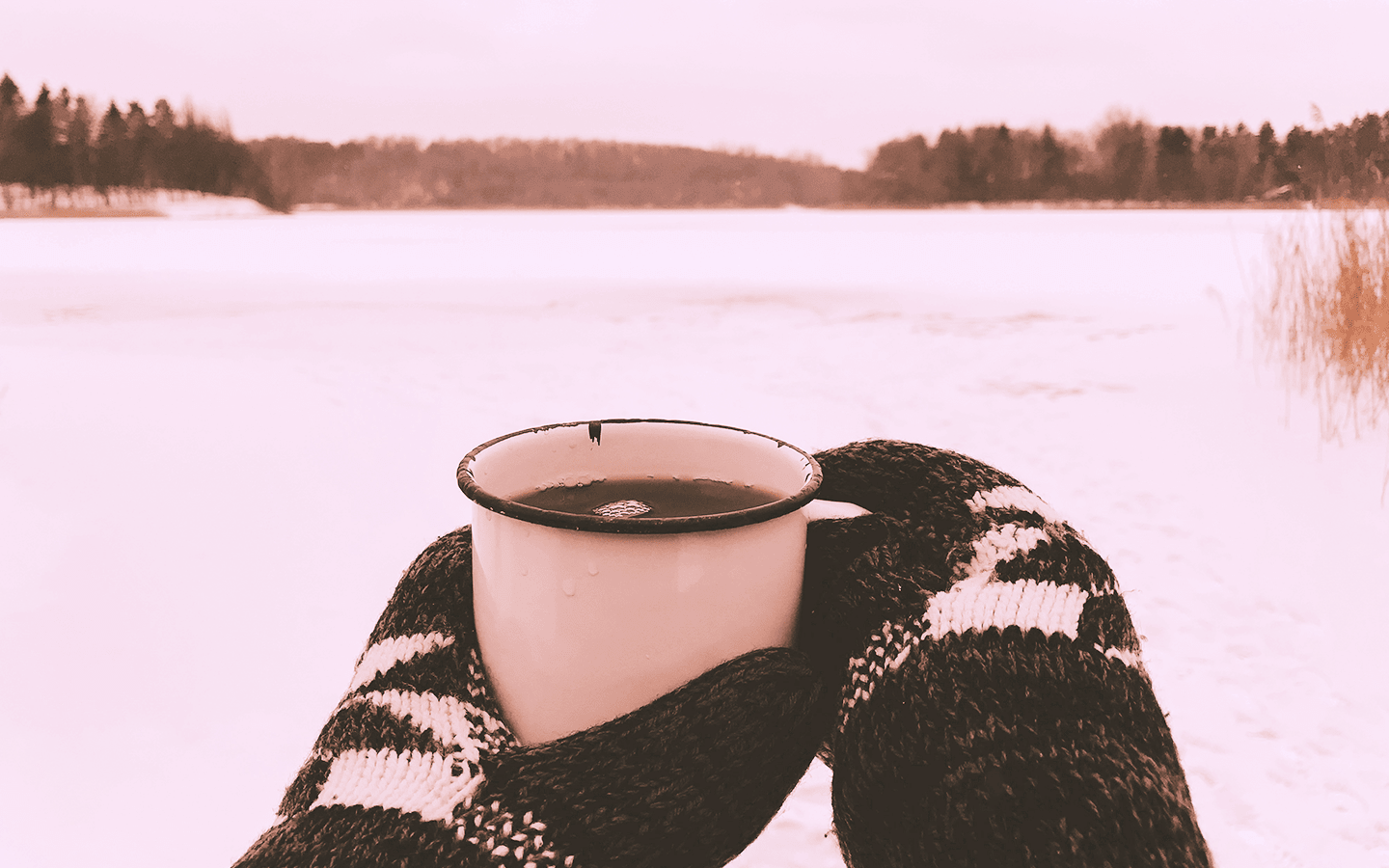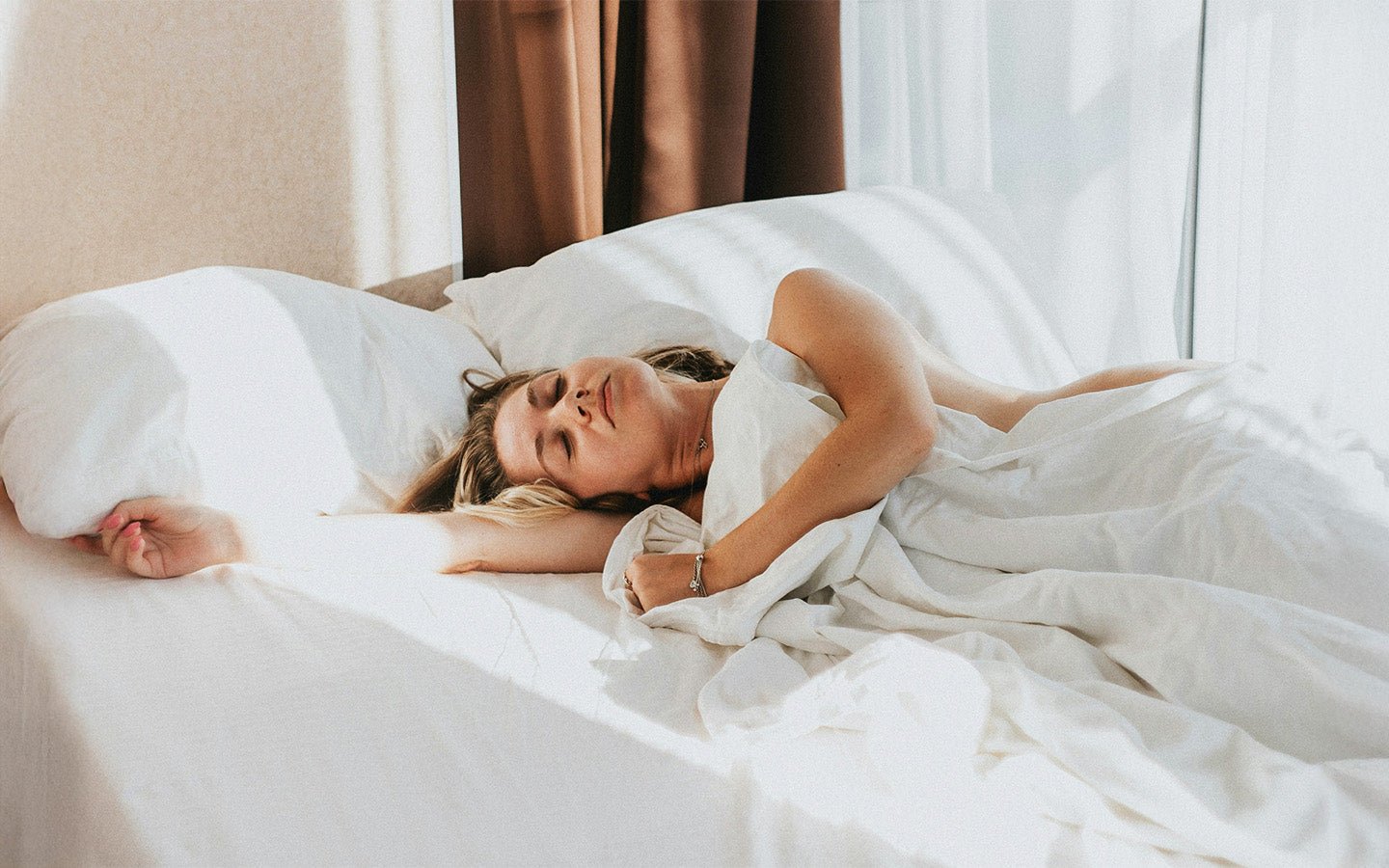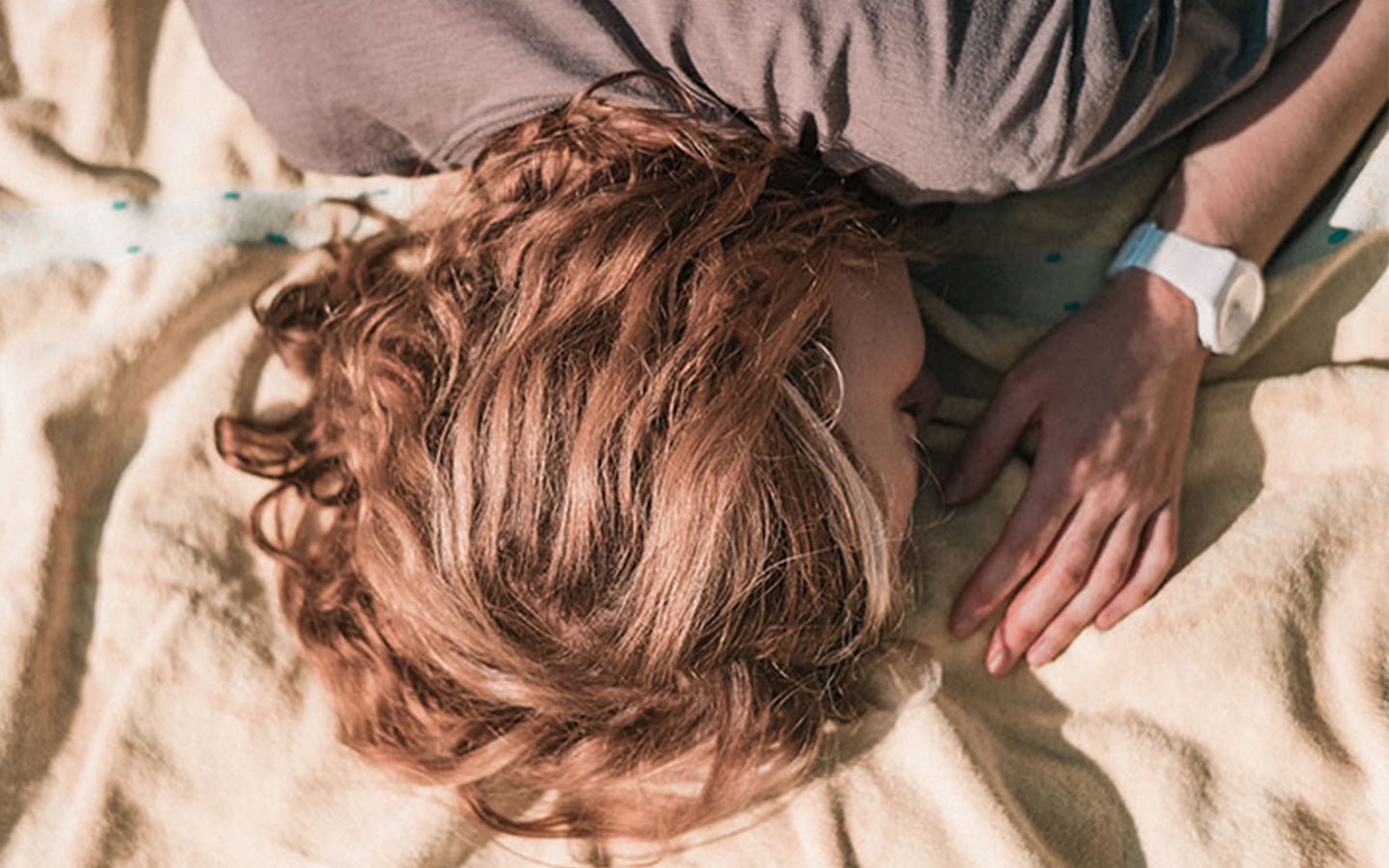
The Anti-Aging Science of Sleep: 7 Things You Can Do to Get More of It
Hello, lovely readers. As someone who has devoted her life to women's health, wellness, and longevity, I am often approached with concerns about aging. While getting older is a natural part of life, there is immense pressure placed on women in our culture to hide the markers of age. Much could be said about widening the narrow beauty standards that keep most of us feeling the pressure of societal expectations. Still, we will not be tackling the horrors of patriarchy in this particular article. Instead, I would like to focus on one area that can have profound ramifications in the realms of beauty and longevity in your own life.
The advice I give to friends and patients is the same advice I will share here, and it is quite simple: Beauty does not come in the form of any vitamin, serum, ointment, or surgery. Rather, it is the outward sign of good health. Leading a healthy life involves many things, from regular movement to the right kind of diet, but the foundation of health begins with quality sleep.
The Science Behind Sleep and Aging
When we sleep, our bodies enter repair mode. Cells regenerate, hormones balance out, and skin gets a chance to recover from daily wear and tear. Three key factors of sleep play a role in the quality of this repair.
The first factor is position. While it may not be a fav, sleeping on your back is great for facial lymphatic drainage. (If it is hard to stay in that position I would suggest putting a pillow under the knees.) The second factor is duration: a healthy adult should be getting 7 hours of sleep a night or more; any less will leave you looking and feeling weathered. The third and most important factor is integrity. In order for rest to be restorative, you must rest deeply. (This means entering a state of REM, easily identifiable as the part where you dream.)
Yet sleeping deeply is easier said than done. Since this is the area where people have the most trouble, I have broken my knowledge down below into seven actionable ways of maximizing the integrity and, thereby, the restorative power of sleep.
1. Establish a Routine
Your body loves routine. Going to bed and waking up at the same time daily (yes, even on weekends) can train your body to follow a consistent sleep-wake cycle. Over time, this helps in improving the quality of your sleep, which in turn helps with the quality of repair.
2. Let there be light…and darkness, too
For our circadian rhythm, get out in natural light (without sunglasses) in the morning and if at all possible see the sunset, too. By way of the optic nerve, impulses are sent to our brain signaling the beginning as well as the end of the day, and suggesting it’s time for us to get some rest.
Overhead lights mimic daytime so lamps and floor lighting are preferable. Moreover, turn off all devices. Blue light and stimulating content keep the mind awake and prevent us from winding down.
3. Sleep in a cool room
We sleep better in cool and dark places. How cool? According to Dr. Drerup at the Cleveland Clinic, the optimal sleeping temperature in the bedroom should be between 60 and 67° F. Let’s go with that. Dr. Phyllis Zee, the Director of the Center for Circadian and Sleep Medicine at Northwestern University, says having total darkness is key. Even the smallest light coming through the eyelids can negatively affect sleep. Silk sleep mask? Check and check. Cold and dark it is!
4. Read a book
Try a boring or relaxing book before bed. Think about it. Is Good Night Moon not the most boring and relaxing book? A classic. For adults, try something peaceful, dull, or both. Personally, I like Gathering Moss: A Natural and Cultural History of Mosses. Robin Wall Kimmerer's scientific but lyrical writing about carpets of emerald moss is surprisingly captivating. In it she covers the gender of mosses (a hot-button issue in the world of Bryophyta) and uses by indigenous people, such as for insulating boots or as sanitary napkins for menstruation. So absorbent! Did you know mosses are 450 million years old? If mosses are not your thing, maybe try something about the Savings & Loan Crisis of the 1980’s, the poems of Mary Oliver, or the mystical writings of Meister Eckhart.
5. Drink (and eat) responsibly
Be cautious of consuming caffeine after 2pm or alcohol close to bed. Both can interfere with your sleep cycle, making it hard to fall asleep or causing mid-sleep disruptions. Nighttime is when food is stored as fat, so if you want to wake up bloat-free, eating a light dinner, not too near to bedtime, is also wise.
6. Have sex with someone (even yourself)
Lucky for you, many revitalizing biological processes are kickstarted by good sex. For one, the relaxing, feel-good hormone prolatin is amplified after sexual pleasure. In addition, oxytocin (prosocial hormones), GABA (calming neurotransmitters), and endorphins (well being-related peptides) are released. If that weren’t enough, after pleasurable sex our cortisol levels—biomarkers of stress—drop precipitously.
For those who have trouble in this area, there are Chinese Medicinal herbs that can be of help. For more information, check out my article: Come again?: This is your brain on sex.
7. Chinese Herbal Medicine
There are several formulas of Chinese herbal medicine for sleeping. They work differently but toward the same end—to knock you out. One in particular is for when you are totally over tired and like a cranky baby who can’t find a peaceful rest. The other is for the type-A mental state when you just can’t turn off that buzzing brain. Very helpful.
In conclusion, sleep is truly one of the wonders of the natural world and its benefits are yours for the taking. While age might be a number that inevitably goes up (hello, 50!) with quality sleep on your side, you can ensure that your mind and body remain beautiful, spirited, and vibrant.
